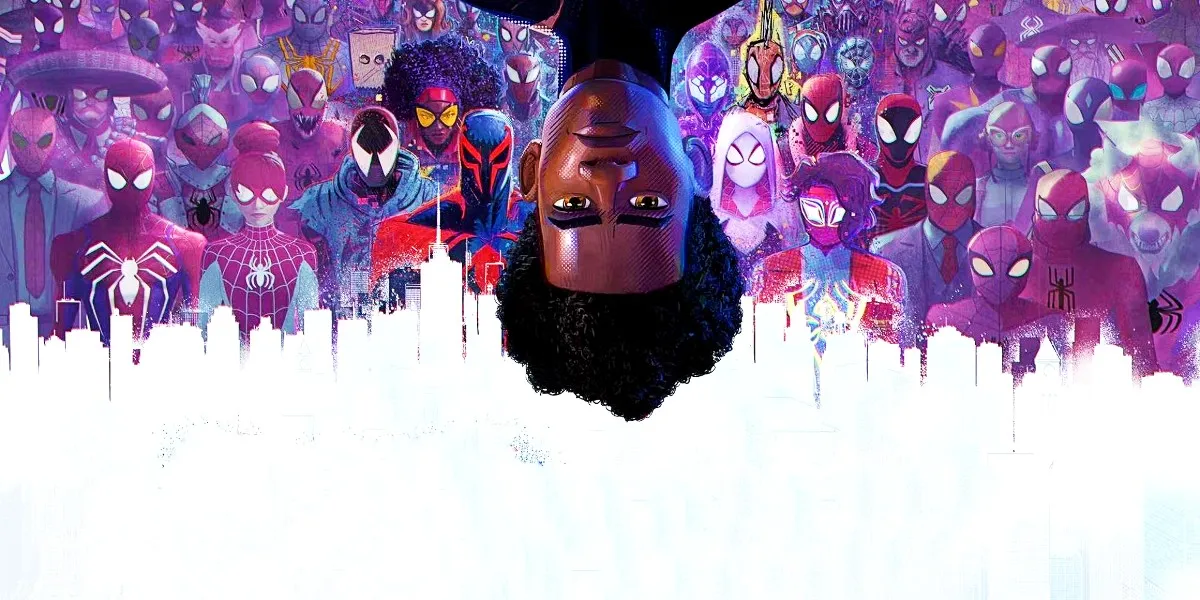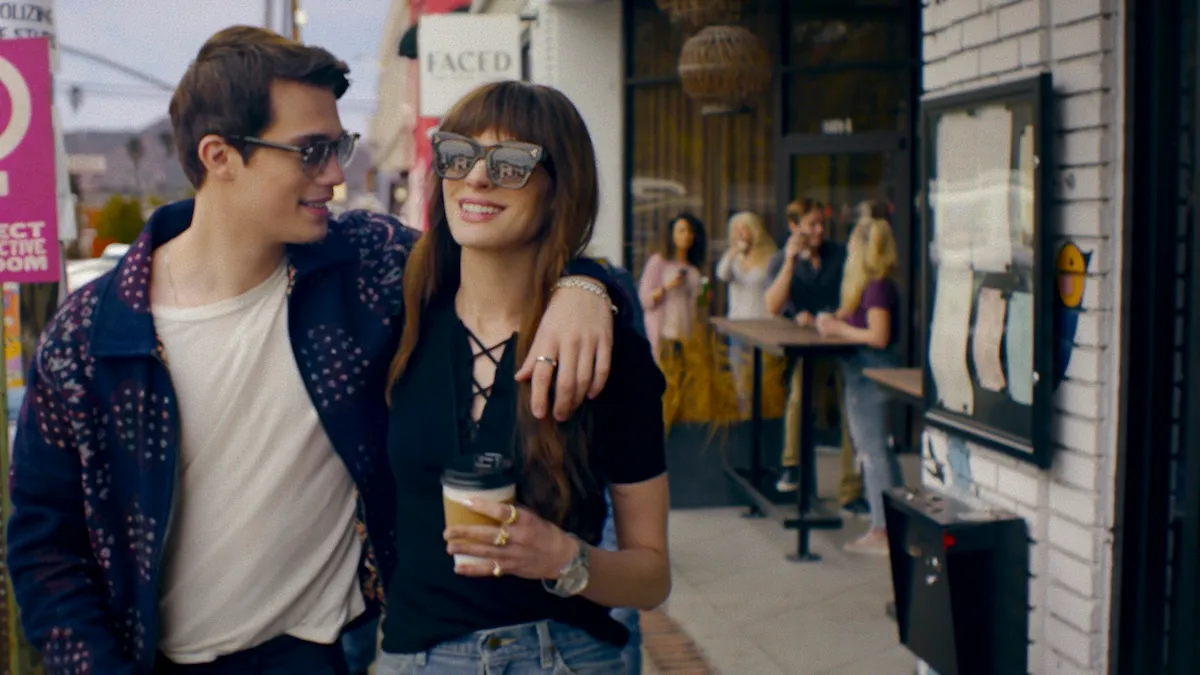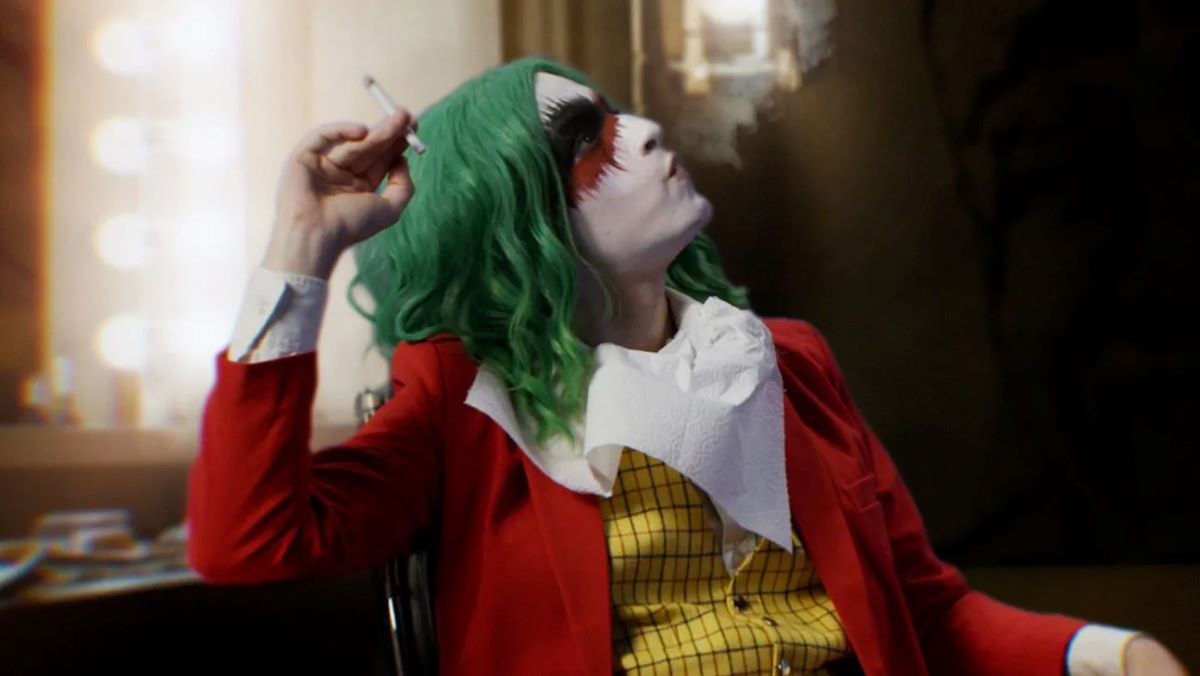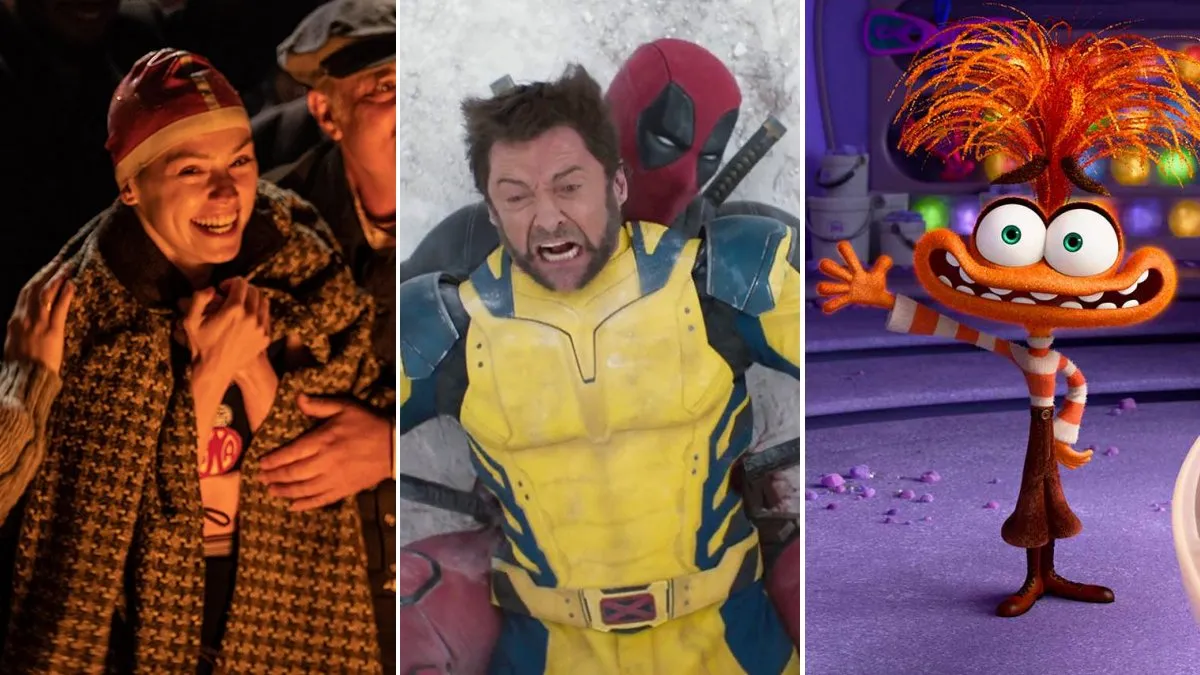I don’t think it’s much of an exaggeration to say that, when it came out in 2017, Spider-Man: Into the Spider-Verse was the most impressive piece of American animation made in … a very long time. So my expectations around its sequel, Across the Spider-Verse, were quite high. And, largely, those expectations were met! Spider-Verse‘s animation is as incredible as ever, and the film is near-universally heralded as a triumph. Hear that, studios? It’s almost like people like animation and you should stop cancelling animated projects!
However, there was one expectation I held that was not met. It’s something that a lot of hard-core fans almost certainly knew. But if you’re a casual fan who simply loved the first movie and were excited to know there was a sequel—like me, you probably didn’t get the memo. If I had known going in, my film-going experience would have changed for the better. My expectations for the film’s narrative and pacing would’ve shifted wildly.
This crucial little nugget of information is: Across the Spider-Verse is the first half of what, at some point during production, became two movies. Just as the film’s final act seems to be ramping up, you get served a “to be continued.”
The good news is that this means more Spider-Verse. The final installment of what’s now a trilogy, Beyond the Spider-Verse, is slated for March 2024. The bad news is that, with one exception, none of the film’s narrative threads are resolved. Because of that, Across the Spider-Verse did feel like half of a very long film to me (its runtime is 2 hours and 19 minutes).
That style of film-making brings me back to the ol’ 2000s, when we had our Lord of the Rings and our Twilights and even our (sigh) Harry Potters. However, I’d argue those movies individually ended with more resolution than this one (even though Spider-Verse is definitely better than two of those series, quite arguably all three). Because it rather abruptly cuts out on the eve of the narrative’s third act, Across the Spider-Verse gives you new twists and new plot entanglements until the very end—while, as I previously said, only really tying up one of its narrative threads (looking at you, Gwen).
Across the Spider-Verse is by no means a bad or unfulfilling film. Quite the opposite. But, to be honest, when that “to be continued” came on screen, I blurted out loud, “Is that a joke?”
So I’d heartily recommend knowing that you’re going to get that “to be continued” when you go in. Across the Spider-Verse is essentially the epic setup of a climax we’ll all be treated to next year. Set your narrative expectations accordingly.
(featured image: Sony Pictures)









